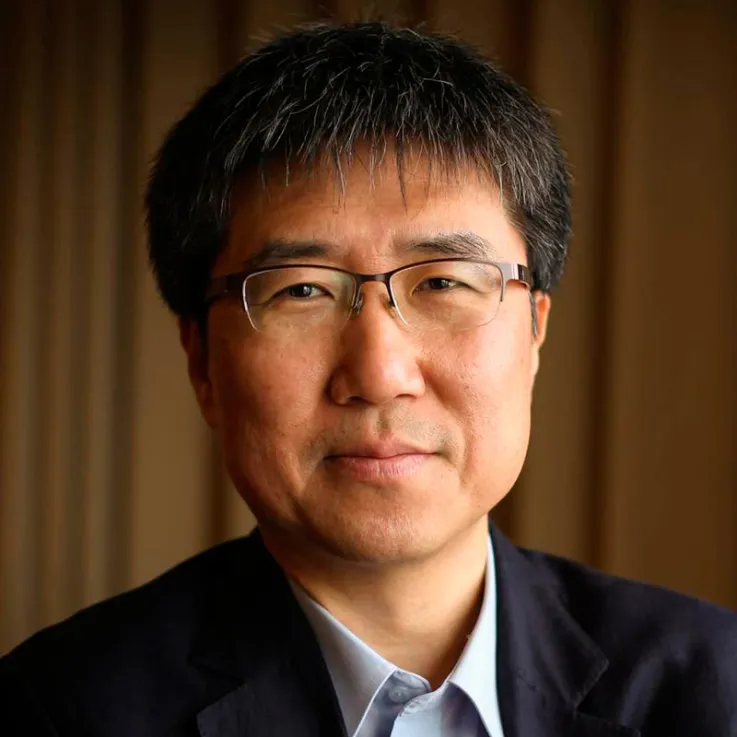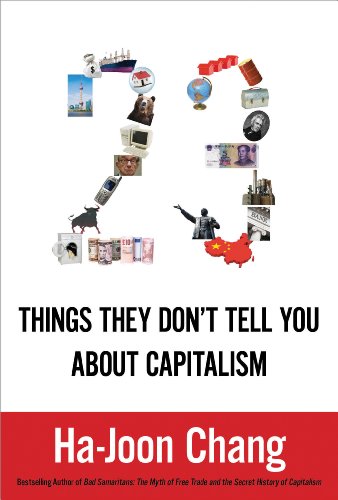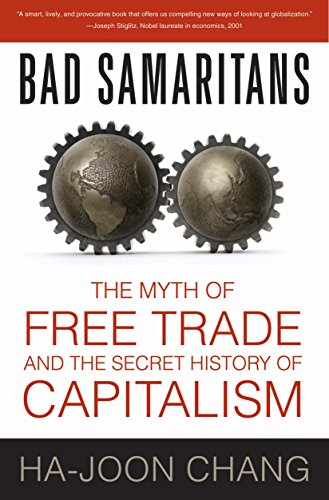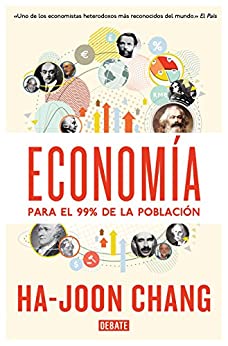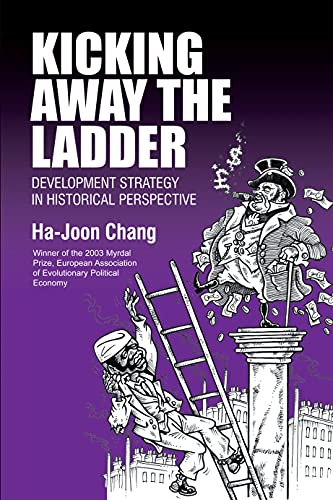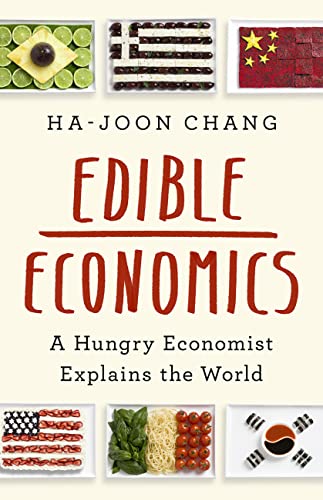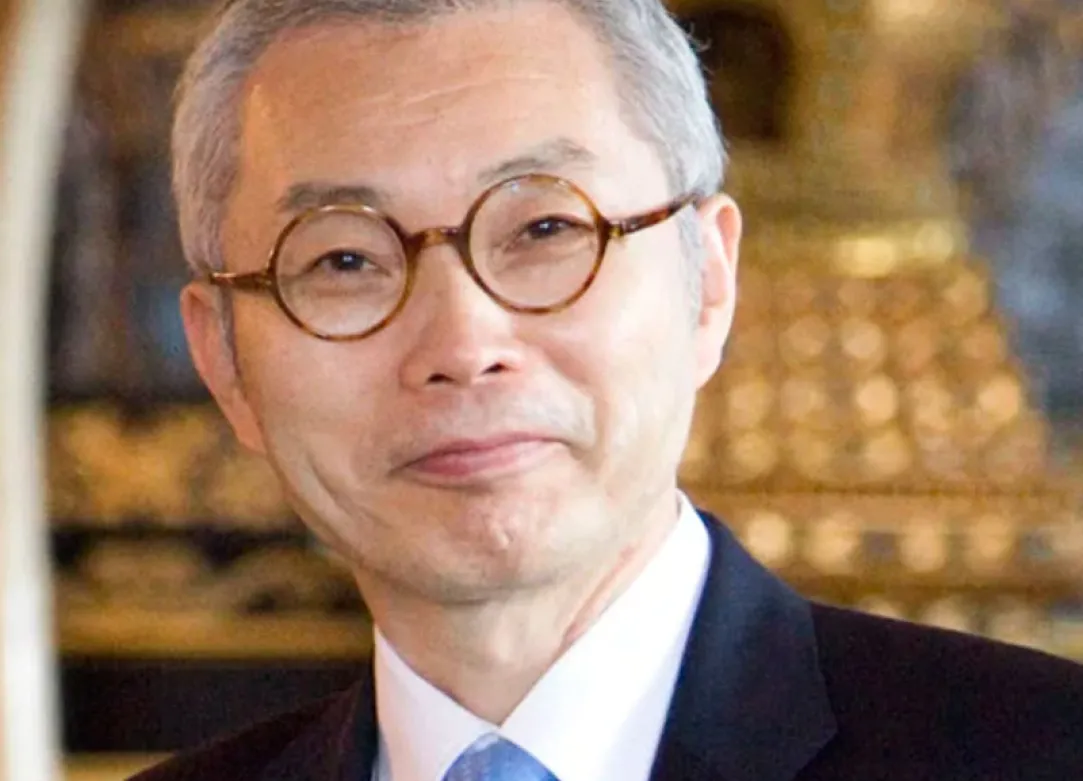After teaching at the University of Cambridge for 32 years, Ha-Joon Chang joined SOAS, University of London in 2022, as a Distinguished Research Professor. He lectures in the Economics of Development and has written for or featured in dozens of news media across the world, including The Guardian, The New York Times, The Financial Times, Le Monde Diplomatique, O Estado Sâo Paulo, and South China Morning Post.
Professor Chang sits on the United Nations’ Committee for Development Policy (the high-est advisory body of the UN on development issues), the International Advisory Panel of AIIB (Asian Infrastructure Investment Bank), and the Board of UNRISD (United Nations Research Institute for Social Development (UNRISD). He is also a Governor of the National Institute for Economic and Social Research, United Kingdom and a senior research associate of the U.S-based Center for Economic and Policy Research.
He has worked as a consultant for numerous international organizations, including various United Nations agencies, the World Bank, the Asian Development Bank, the European Investment Bank, and for a number of governments such as those of Argentina, Bolivia, Brazil, Canada, Ecuador, Georgia, Indonesia, Japan, Kazakhstan, Malaysia, Mexico, Namibia, Nigeria, Saudi Arabia, Singapore, South Africa, the U.K, Uruguay and Vietnam.
He has edited or co-edited 11 books and authored or co-authored 17 books to date, including "The Political Economy of Industrial Policy" (1994), "Kicking Away the Ladder: Development Strategy in Historical Perspective" (2002), "Bad Samaritans: Rich Nations, Poor Policies, and the Threat to the Developing World" (2007), "23 Things They Don't Tell You about Capitalism" (2010), “Economics: The User’s Guide” (2014), and “Edible Economics – A Hungry Economist Explains the World” (forthcoming on 27 October, 2022).
He has also published numerous articles in journals such as International Organization, World Development, Cambridge Journal of Economics, Cambridge Journal of Regions, Economy, and Society, Development and Change, European Journal of Development Re-search, Journal of Development Studies, Journal of Institutional Economics, Journal of Peasant Studies, Journal of Post-Keynesian Economics, Review of International Political Econoy, and Structural Cahnge and Economic Dynamics on issues such as globalization, development, structural change, trade and industrial policies, productive capabilities development, East Asian economies, international migration, and agricultural policy.
He is the winner of the 2003 Myrdal Prize, awarded to his book "Kicking Away the Ladder" by the European Association for Evolutionary Political Economy, and the winner of the 2005 Leontief Prize for "advancing the frontiers of economic thought", awarded by Tufts University; previous winners of the prize include John Galbraith, Albert Hirschman, and Nobel Laureates Amartya Sen and Daniel Kahnemann.
Ha-Joon Chang holds a B.A from Seoul National University, a master's degree and a Ph.D in Economics from the University of Cambridge. He is known to be an important academic influence on the economist Rafael Correa, former President of Ecuador.
